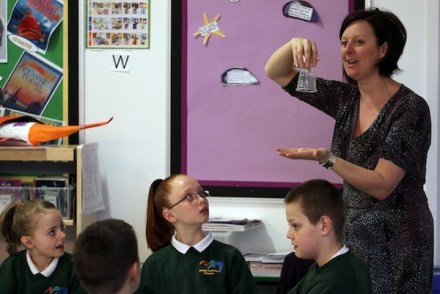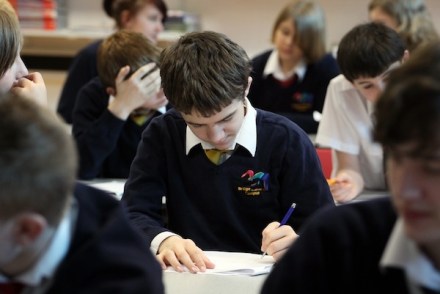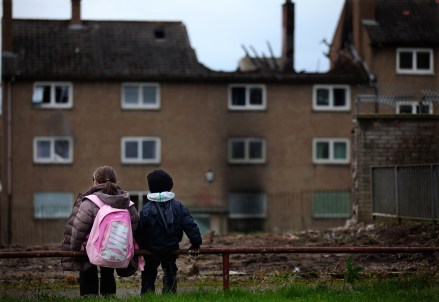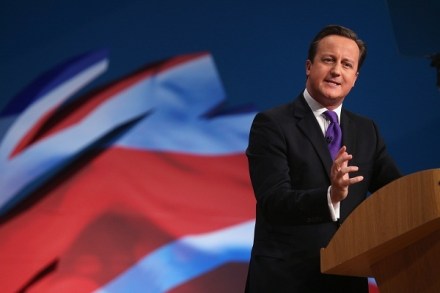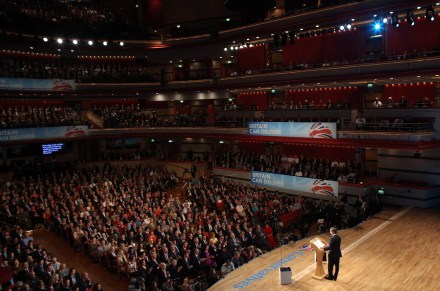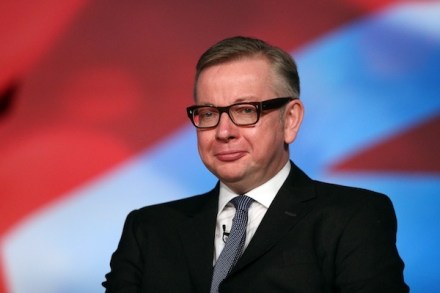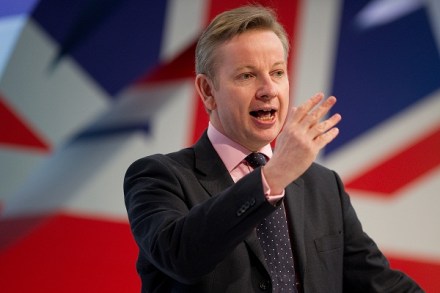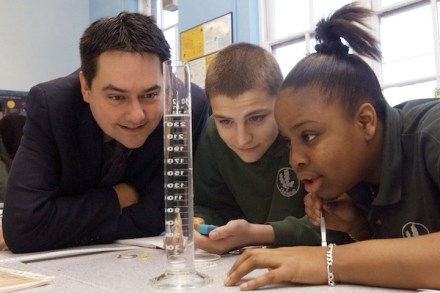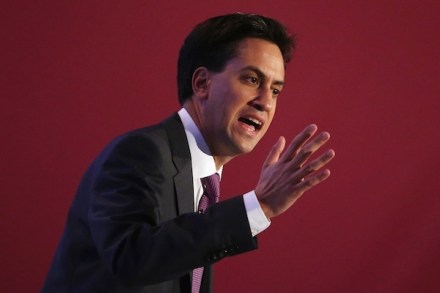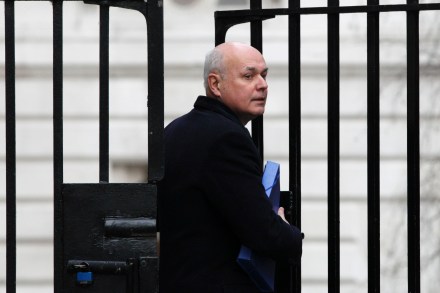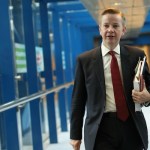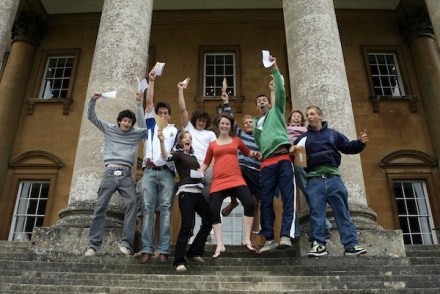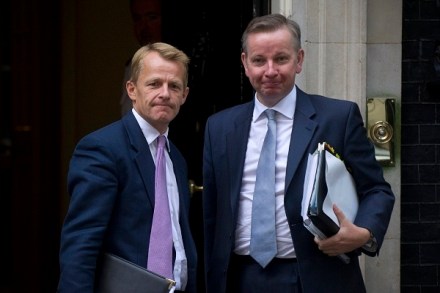Is the government being inconsistent on teacher training?
To be fair to Kevin Brennan, he seems to have updated his attack line on Michael Gove since his ‘don’t-call-teachers-names’ press release that Labour sent out overnight. The party’s shadow education minister is now attacking the Education Secretary for inconsistency, arguing that his announcement today on improving teacher training contradicts the decision to allow academies and free schools to employ unqualified teachers. He has just told BBC News: ‘But what’s rather strange about what the Government is doing is at the same time it’s saying there should be more rigour in the testing of teachers as they go in to the profession, it’s saying more and more schools can hire
